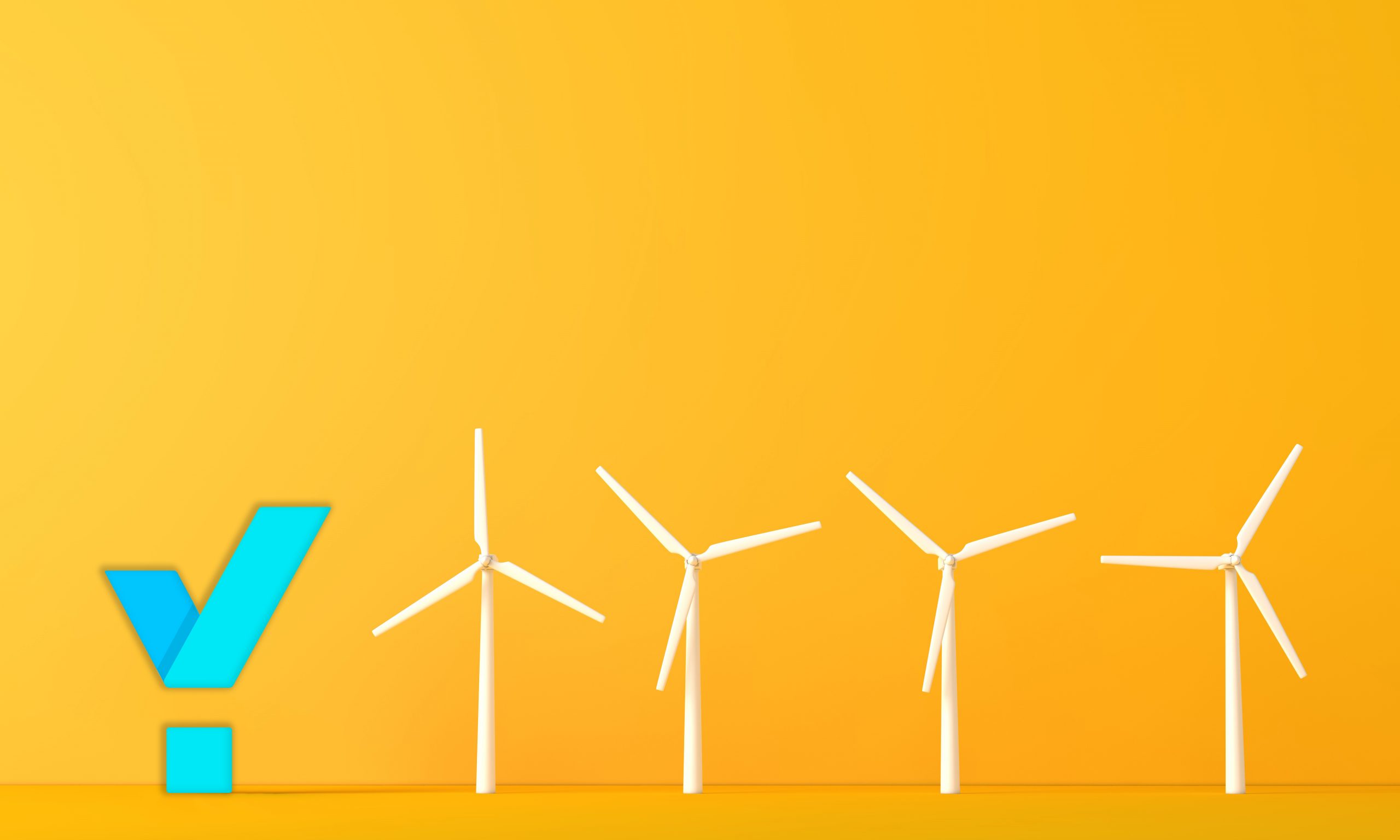Is blockchain terrible for the environment?!

Ethereum. Blockchain. Hyperledger. Bitcoin. Dogecoin. The last few years have seen new technologies, terminologies, and approaches have flooded the software market. We’ve seen the impact this has had on software development, finance, logistics, and many other areas where content management is key to success.
But there is still confusion about these terms and, for many environmentally-conscious people, suspicion about their environmental performance. So what is the difference, and how can we use blockchain properly, avoid greenwashing and make a positive difference in the fight against climate change using these new software tools?
What is the difference between blockchain and cryptocurrency?
First off, what is a blockchain? A blockchain is a database that stores information across multiple nodes while assuring consistency.
This assurance is beneficial anywhere that authenticity of data is essential — where business owners or consumers need to guarantee that information has not been altered.
Blockchains record extra information alongside the main data points — for example, the location and time of local copies, hash records of the data, information on archival or live copies. Following all these steps and a few more, blockchain protocols like Hyperledger make sure that data cannot be lost or altered once stored.
In contrast, cryptocurrencies like bitcoin and dogecoin are financial exchanges that are decentralised and anonymous — they work by “mining” puzzles that generate unique hash numbers. Each of these hash numbers is assigned to a digital “coin” for spending or trading. By recording the information about each coin on a blockchain, the whole system is secured against counterfeiting and double-spending.
Put another way, blockchain is a technology, while Bitcoin and other cryptocurrencies are protocols implemented with blockchain. Many different protocols and cryptocurrencies are implemented with blockchain technologies, just like many different websites are implemented on the internet. It is important to remember that while blockchain can support cryptocurrencies, it supports many new technologies and software solutions, including in all areas of content management.
So is blockchain terrible for the environment?
Because there is confusion between blockchain and cryptocurrencies, some people think that blockchain is back for the environment because it is too energy-intensive.
Again, it is essential to separate the two and understand the differences. Early protocols such as Bitcoin and Ethereum require a lot of energy-intensive “mining” of cryptographic puzzles that generate the hash numbers used in the coins. It is possible that the founders of Bitcoin never imagined the scale of energy required to create the currency when it was first launched, or that they would end up consuming as much energy as whole countries.
So, while some cryptocurrencies might be very energy-intensive, which needs to be addressed, this is entirely separate from the underlying blockchains on which they are built.
How does Yaliyomo support good environmental practice?
Hyperledger Fabric is the foundation of Yaliyomo — it is a new, transparent blockchain protocol that is both fast and energy-efficient — avoiding the difficulties of early cryptocurrencies.
But beyond architectural efficiency, using blockchain-enabled tools can help businesses and organisations address the challenges of climate change in new, practical ways.
With better data tracking, we can reduce waste, inefficiency and fraud by making supply chains more transparent. Recycling programmes that use blockchain technology can encourage better participation with tokenised rewards, and blockchain-supported energy grid technology can help reduce blackouts during natural disasters.
Blockchain offers us a wide range of possible applications that can help us solve the global challenges we face through action within our businesses and organisations. Yaliyomo’s mission is to help make that a reality.
For more information and to arrange a consultation on how we can help, get in touch here.